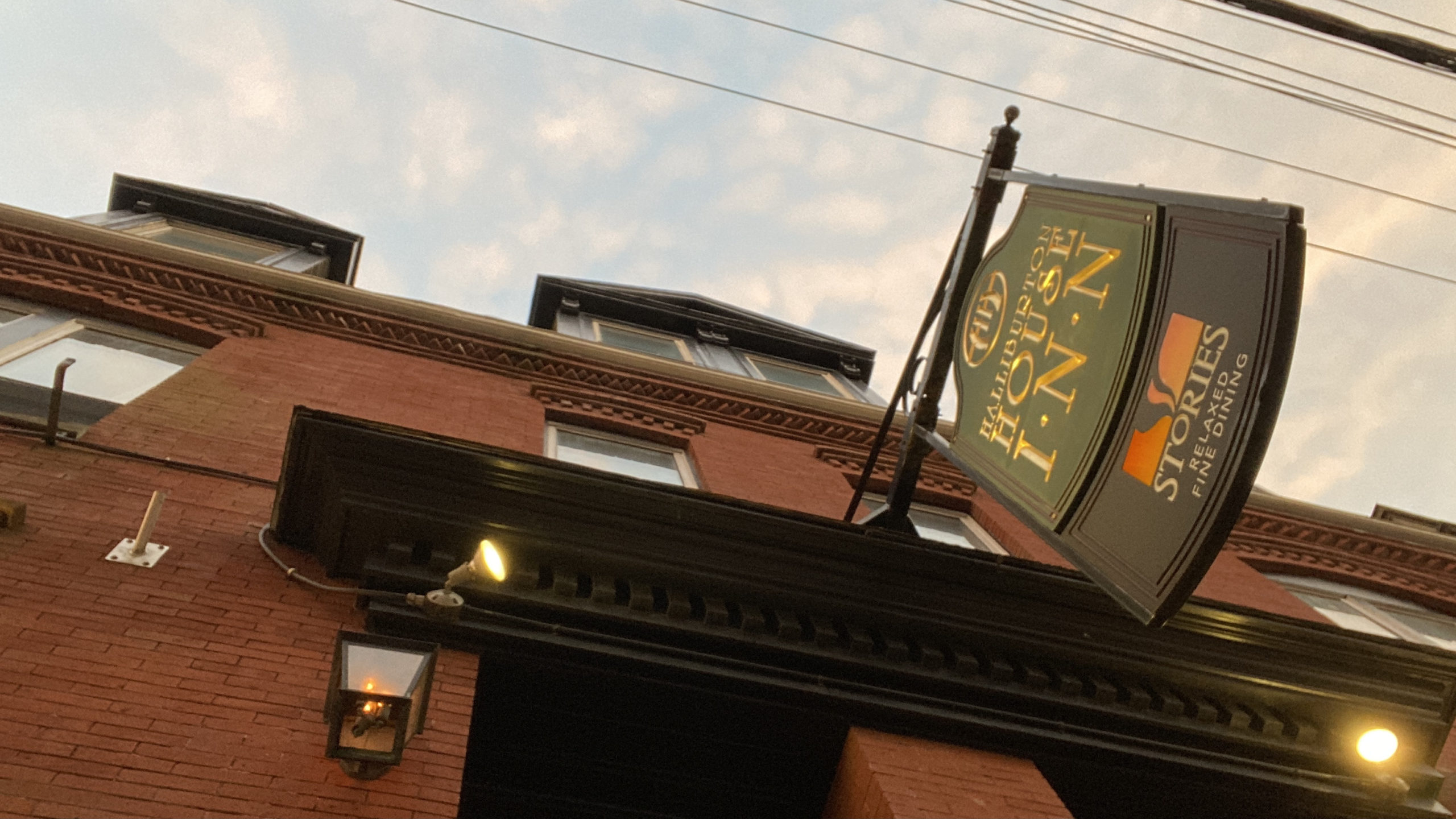For Nova Scotia hotels, bursting of Atlantic bubble is yet more grim news
Industry group says government assistance key to hotels’ survival

caption
The Halliburton Hotel on Morris Street sits empty Wednesday night after suspending operations due to a lack of business.Halliburton Hotel owner Robert Pretty had hoped the Atlantic bubble and a strong fall season could help him salvage his year. Instead, on Wednesday morning, he found himself shuttering his business.
Pretty had been banking on the bubble to help keep his downtown Halifax hotel open during the fall and winter. Prior to its closure, the Halliburton was only accepting guests from inside Atlantic Canada. When New Brunswick, P.E.I. and Newfoundland and Labrador all placed 14-day freezes on bubble travel last week, bookings went to zero.
“All of our bookings that were coming from outside of Nova Scotia — bookings from Newfoundland, Prince Edward Island and New Brunswick — all of them have cancelled,” Pretty said in an interview.
The new travel restrictions have been the final straw for a season that had already proved disappointing, compared to what Pretty had hoped for at the start of the summer. He now expects that it will be January or early February before he has enough business to reopen. Related stories
“There was lots of talk about hospitality businesses taking advantage of travel in the summer months for staycations and what have you,” he said. “And I can state for myself — but I’ve also spoken to other local operators — that in urban settings, those staycations were very few and far between.”
In the summer and early fall, the Halliburton’s rates were hovering around $70 to $80 a night, driven lower by bargain hunters and weak demand. A year earlier, in the summer and fall of 2019, Pretty was charging nightly rates that sometimes approached $300.
Before the demise of the Atlantic bubble, occupancy rates at the Halliburton had already fallen to about 15 per cent. In better times, it had often boasted 85 to 95 per cent occupancy rates.
Megan Delaney, president of the Hotel Association of Nova Scotia and general manager of the Cambridge Suites Hotel Halifax, says Pretty isn’t alone; many of her organization’s members are facing similar hardships.
“(The bubble popping) has really taken us back to where we were in spring,” Delaney said. “The industry was decimated. It was completely flattened.”
Delaney said the Atlantic bubble was not a panacea for Nova Scotia hotels. She estimates that her members were averaging 50 to 60 per cent occupancy during the peak summer season. Now, “we’ve basically gone back to the essential services model, where people are coming to stay with us only if they have to, not for leisure.”
Delaney said her members are often reluctant to share financial information. Hotel Association of Canada CEO Susie Grynol has said that as many as 60 per cent of Canadian hotels may not survive until Christmas in the face of a second wave of COVID-19.
In the short term, Delaney said, the only way for many hotels to stay solvent is with government assistance. She said the Canada Emergency Wage Subsidy continues to be crucial, as do government-guaranteed loans, such as those available through Business Development Canada.
Pretty agreed, adding that the Halliburton was only able to stay open for as long as it did because of help from BDC, along with the wage subsidy. Even now that the hotel is closed, Pretty said about one-quarter of his staff continue to work from home, due in part to the subsidy.
Delaney also emphasized the importance of Nova Scotia’s Tourism Accommodations Real Property Tax Rebate Program, which was instituted on Nov. 16 and offers operators a 25 per cent rebate on their commercial property tax bills for this year. So far, 158 businesses have applied for the rebate, Tourism Nova Scotia CEO Michele Saran said in a statement to The Signal.
At the federal level, the Liberal government has promised a new batch of loans, called the Highly Affected Sectors Credit Availability Program, targeted at the industries most affected by COVID-19, including hotels.
Delaney said that in order for the program to be useful to hotel owners, it will need to offer long repayment terms and lending rates that are not much higher than the cost at which the government borrows money. The five-year Government of Canada bond pays half a per cent.
Delaney added, though, that many hotels have already accumulated large amounts of debt during the pandemic, making the usefulness of another loan program limited.
“Really the last thing that hotels want to do is take on a lot more debt,” she said. “Because operationally, a lot of hotels are taking on debt every month, and just to add another fixed bill to that is really the last resort.”
This is the case for Pretty. “I can only speak for my business, but I’m very wary to take on any more debt than I already have,” he said.
If he can make it through COVID-19 with government help, though, Pretty hopes that the international attention that Nova Scotia has attracted for its low case counts will bolster its reputation as a travel destination.
“I think Atlantic Canada made a name for itself in the first wave,” he said.
“Once we have a vaccine on the ground and travel begins to resume and business begins to resume … it would be nice to think that those sentiments were top of mind for people when they choose a city or a venue either for leisure travel or for planning meetings.”

